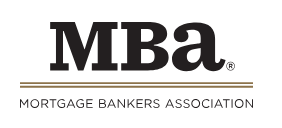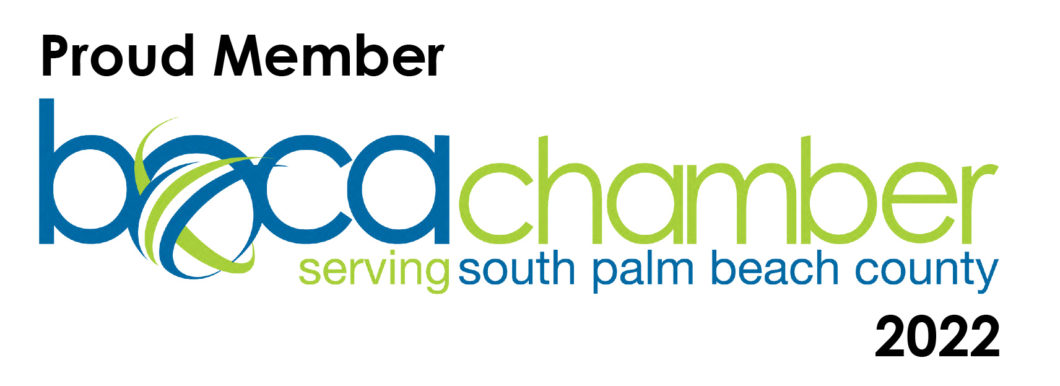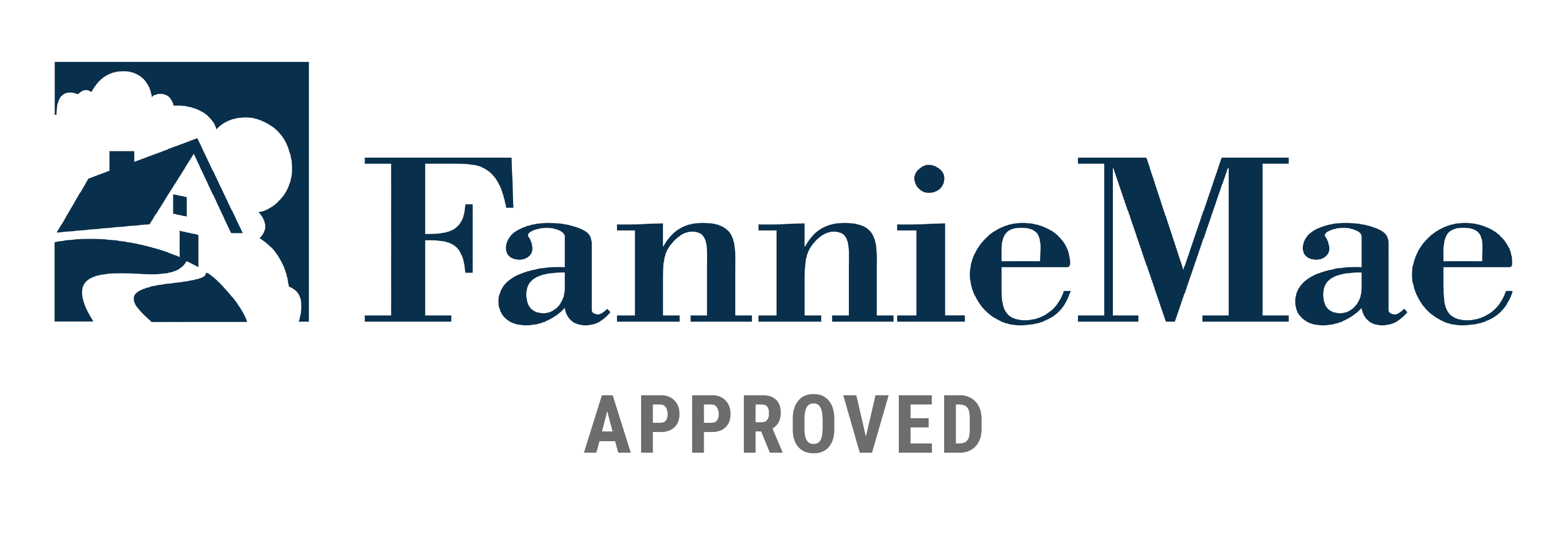What is the New CFPB Proposal?
On September 1st, 2021, the Consumer Financial Protection Bureau (CFPB) proposed a new rule that has been designed to assist small businesses in gaining access to the credit they so desperately need and deserve. The move is set to increase transparency in the lending marketplace while supporting the recent change to the Dodd-Frank Wall Street Reform.
The Dodd-Frank Wall Street Reform and Consumer Protection Act aims to improve accountability and transparency within the lending system. The overall aim is to ensure financial stability. The Dodd-Frank Act was passed in 2010 as a response to the financial crisis of 2008 and aimed to ensure that the economy was kept safe from risky behavior from lenders, and insurance companies.
The proposed changes will require financial institutions to collect data and report to the CFPB applications they receive for credit from small businesses, including businesses owned by women or minorities. The aim of the proposal is to essentially ensure that there is more transparency around small businesses, and businesses owned by those from minority groups when they apply for credit. The rule will increase the transparency related to demographics, pricing, and the reasons for loan denial, with the ultimate goal being to track and reduce illegal discriminatory lending practices.
What is Section 1071?
Section 1071 was codified under the Equal Credit Opportunity Act (ECOA) and seeks to facilitate fair lending laws that enable financial institutions, creditors, and governmental bodies to identify business opportunities and needs for small businesses, and businesses owned by women and minorities.
In order to achieve fairer lending, the ECOA required the CFPB to issue rules relating to the data collection by lenders to small businesses.
The new proposals by the CFPB will enable it to meet (and also exceed) its requirements under ECOA. The proposal will ensure that as a wide range of data is collected on applications for credit, this will enable the CFPB to better enforce fair lending.
What Do the Changes Mean for female and Minority Business Owners?
For businesses owned by women and minorities, these new changes mean that there will be more representation in lending research. The proposals by the CFPB require financial institutions to make inquiries as to whether a business is owned by a female, minority-owned, or a small business as part of the application process.
Small businesses, particularly those owned by minority groups have been the cornerstone of the American economy for decades, and they were adversely affected during the pandemic. The demographic data that is collected by lenders will be shared to ensure that fair lending practices are being enforced.
The proposed rule would create a comprehensive database of credit applications from small businesses. This will help the CFPB identify how best to assess and support the needs of minority and female-owned businesses. The proposals also mean that there should be increased protection for small businesses, women, and minority-owned businesses when it comes to an application for financial assistance.
According to Acting Director of the CFPB, Dave Uejio, the consumer watchdog does not know enough about small businesses and the capital they need to create new jobs and grow the economy. A recent Federal Reserve survey found that minority-owned businesses suffered huge losses during the pandemic and were worried about their access to credit.
The CFPB wants to ensure it can better understand the needs of entrepreneurs, particularly those from minority groups when it comes to applying for a loan and what barriers they face.
What Data Will Be Collected?
Lenders will be required to report to the CFPB on the following:
· The demography of the applicant
· The amount of credit applied for
· The type of credit applied for
· Any additional data the CFPB requires
· The sexual orientation and gender identity of applicants
· Reasons for denial of credit
· A breakdown of lender fees and pricing
The CFPB wants to make sure that small business development is not denied credit or access to responsible and fairly priced credit. The data collection will be instrumental in facilitating fair access to credit.
Potential Long-Term Impacts of the Changes
The new proposal will almost certainly elevate the fair lending profile of businesses owned by women and minorities and small businesses. It also means that these businesses will also become subject to a higher degree of scrutiny. This means that lenders will make more of an effort to avoid unfair practices being uncovered when dealing with small businesses as there will be increased transparency required from them. Lenders will want to avoid any bad publicity by the regulatory scrutiny proposed by the new rules.
There are also bound to be increased costs of reporting and compliance that fall on lenders and costs they will have to absorb. It is hoped that the rules will bring forward an increased insight into communities across America with small businesses that are growing, with increased opportunities to support those communities through public funding.
The proposed rule follows the recent trend that has played out on state and federal levels of regulatory and compliance burdens on financial institutions that offer credit. As the regulatory and compliance scrutiny on financial services companies increases, it is critical that they understand and implement the new rules and ensure they remain compliant. Lenders that lend to small businesses should be especially careful as the 1071 data obtained will enable the CFPB to take enforcement action in the future. Non-compliance will be monitored and tackled.
Have Unfair Lending Practices Impacted Your Small Business?
If you are a small business owner looking for more details and insights relating to the proposed rule, or if you feel you have been the victim of unfair loan practices due to your minority status, then contact Lubliner Law’s lawyers today. Our dedicated team of attorneys will talk you through the new rule and its implications for you. We are also available for a variety of litigations to serve you as a small business owner, including contract reviews, collections, and more.
Call our experienced attorneys today on (561) 207-2018 for a free and confidential consultation. Alternatively, email us at info@lubliner-law.com.






